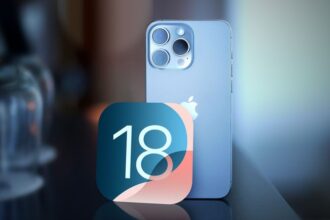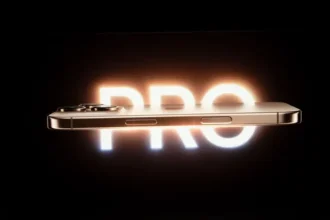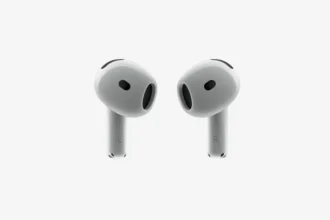The internals of an Oxford Ionics quantum computer show a credit card-sized Quantum Processor unit at the bottom of this compact system.British scientists have developed the world’s best-performing quantum computing chip, which could be used in a practical quantum computer by 2027.

This new chip features an integrated control unit to manage the state of qubits and can be mass-produced using standard semiconductor manufacturing methods, unlike typical quantum chips.
The chip handles quantum bits, or qubits, the essential units of information in quantum computing. One method to control qubits is trapped ion technology. This technique involves isolating individual charged atoms (ions) in an electromagnetic field and using lasers to control their quantum state precisely. This allows ions to be used as qubits for storing and processing quantum information.
Although trapped ion technology keeps qubits stable, it isn’t practical or scalable due to the high cost and complexity of the laser technology involved.
However, a new chip developed by Oxford Ionics does not use lasers. Instead, it uses a patented “Electronic Qubit Control” system to regulate the state of trapped ions. Since everything needed to control the qubits is integrated into the silicon, the new chip is more reliable and easier to produce at scale, according to the scientists.
More about Quantum Computing:
In tests, the new chip delivered twice the performance of existing record-holders while using ten times fewer qubits. The results were published on July 10 on the pre-print server arXiv.
Rocket Ship Approach
For the study, Oxford Ionics microfabricated an ion trap just a few micrometers across, which formed the basis of their quantum chip.
The researchers assessed the chip’s performance by measuring how accurately it could perform operations known as gate fidelities. Gate fidelities indicate how closely a quantum gate (the building blocks of quantum circuits, similar to logic gates in classical computing) matches its ideal theoretical operation.
According to the scientists, their chip achieved single-qubit gate fidelities of 99.9992% and two-qubit gate fidelities of 99.97%. These are the highest reported for any quantum chip so far, and notably, this was achieved without the need for error correction.














